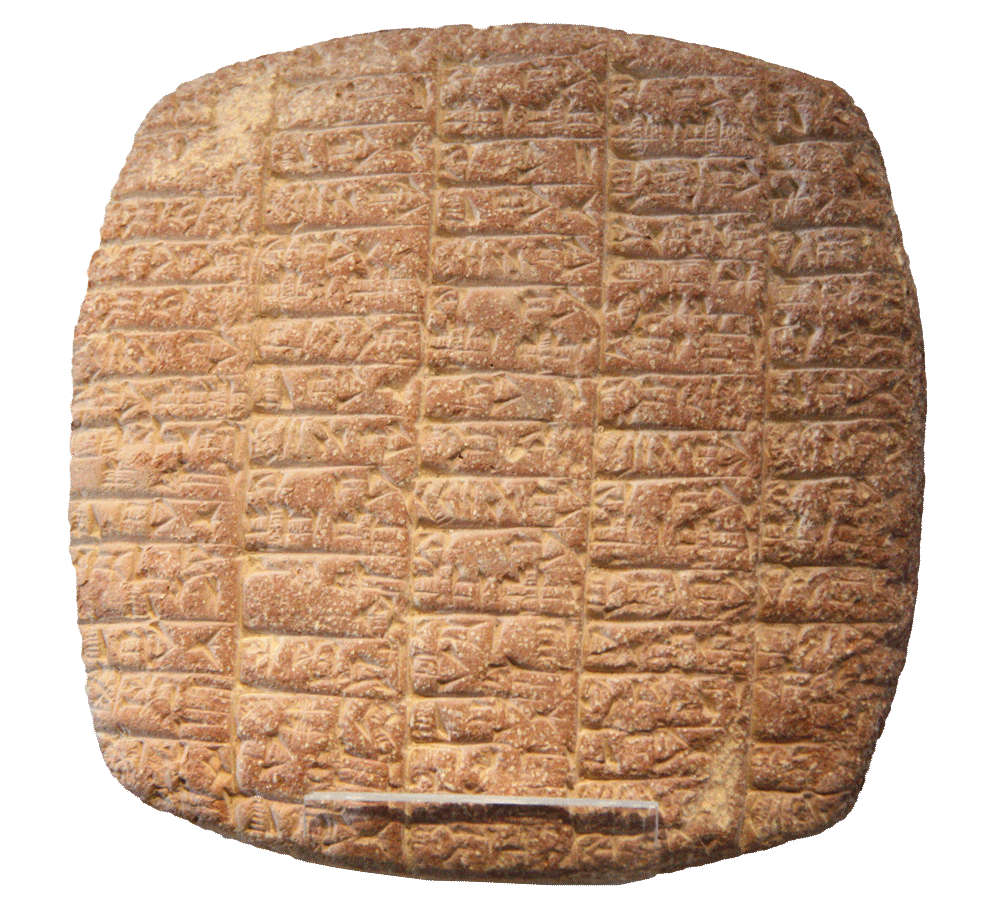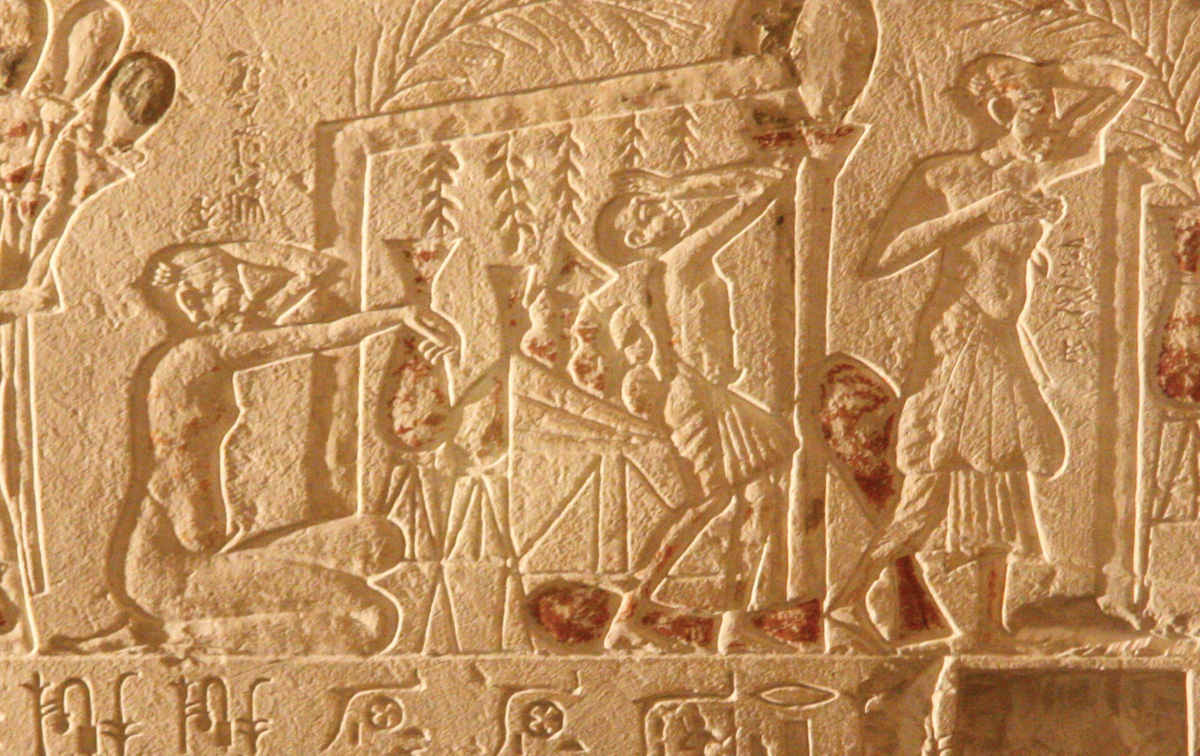Lamentations
Mourning the Destruction of Jerusalem
Central Teaching
The consequences of sin against God are tragic and horrible, but God’s faithfulness gives hope.
Memory Verses
Setting
Since the southern kingdom of Judah persisted in their sins of idolatry and social injustice, refusing to listen to the word of God through the prophets, judgment eventually came.
The book of Lamentations is a collection of five heartrending songs that sorrowfully describe the terrible destruction of Jerusalem carried out by the Babylonians in 586 BC. A lament is a mournful type of song (akin to the blues) used in the ancient world to express grief and sorrow, often at funerals. In a manner of speaking, the book of Lamentations is a collection of songs to be sung at the “funeral” of Jerusalem. Acknowledging and expressing grief in such a manner also implies repentance.
In the early Greek translation of the Old Testament (called the Septuagint) Jeremiah is identified as the author of Lamentations, and thus it follows the book of Jeremiah. As a result of this arrangement (which was followed by English versions of the Bible), Lamentations not only mourns the destruction of Jerusalem (i.e., the consequences of sin), but it also validates and vindicates Jeremiah’s message.

Ancient clay tablet from Mesopotamia containing a poetic lament for the destruction of the city of Lagash
Message
Lamentations 1 personifies Jerusalem as a woman and describes how the city weeps over what has happened to her. Amid the grief and weeping, the chapter contains confessions of her sin but also stresses repeatedly that there is no one to comfort Jerusalem in her grief (1:2, 9, 16–17, 21). This situation can be contrasted with Isaiah 40–66, which promises that the coming Messiah will bring comfort. In Lamentations 1 the comfort is yet to come.
Lamentations 2 and most of chapter 3 poetically describe the wrath of God that fell on Jerusalem. Yet Lamentations 3 is not without hope beyond the judgment, for in 3:21–26 the song claims hope in God because of his great love and compassion, which are renewed every morning.
Lamentations 4 grimly returns to describing the terrible destruction of Jerusalem and the great suffering experienced in the aftermath. While Lamentations 5 continues this theme, the book ends with a humble prayer to God to remember them and to restore them to relationship with him.
Outline
Interesting Features
- The first four chapters are each structured as acrostic songs, a literary technique that uses the order of the alphabet to structure its poetic lines.
- Lamentations refers to Jerusalem repeatedly as “Daughter Zion.”
- The terrible consequences of the Babylonian invasion on children are depicted.

“Our dancing has turned to mourning” (Lam. 5:15). In the ancient world, mourning was often a public activity. These Egyptian women are mourning the death of the pharaoh (1319–1204 BC).
Connections
Lamentations is a stark reminder to us of the serious consequences of sin and rebellion against God. Jeremiah preached and preached and preached to Jerusalem, but no one listened. The people ignored God and hardened their hearts against God and his message. As a result, a terrible and devastating judgment eventually came. This sobering reality is still true for us today. Yes, we live in the era of the new covenant and the wonderful forgiveness provided by Jesus Christ. But for those who reject and defy God and God’s gospel message, judgment awaits—a judgment just as heartbreaking, sad, and terrible as that described in Lamentations.
Lamentations 3:21–33 also reminds us of God’s great love and compassion on his people who trust in him: “His compassions never fail. They are new every morning; great is your faithfulness” (3:22–23).